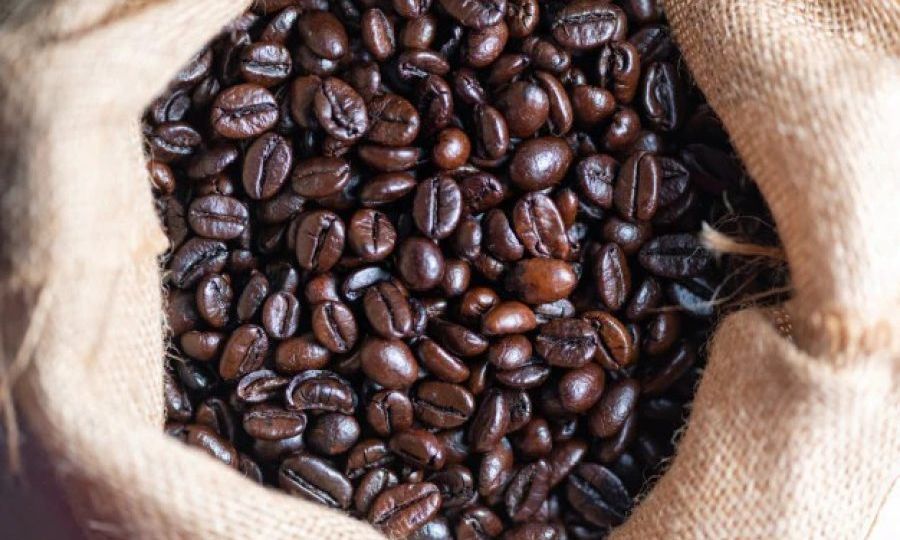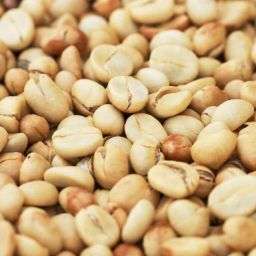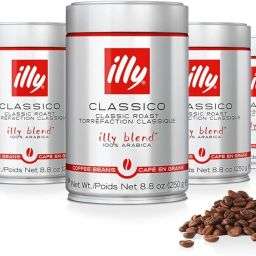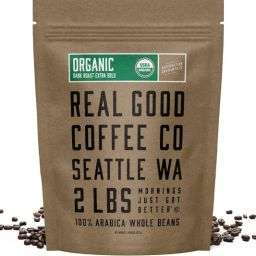
Indonesia stands as a pivotal player in the global coffee industry, celebrated for its rich tapestry of coffee cultivation that spans centuries. This Southeast Asian nation has carved out a remarkable reputation for producing some of the world’s most unique and flavorful coffee beans. From the lush volcanic soils of its islands, Indonesia offers a diverse array of coffee beans, each with distinct characteristics shaped by the local climate and traditions.
The Benefits of Buying Fresh Coffee Beans Online
Convenience and Accessibility: The digital era has transformed how we access gourmet coffee. Buying fresh coffee beans online presents unparalleled convenience, allowing coffee enthusiasts to explore a vast selection of Indonesian coffees without leaving their homes. This accessibility opens up a world of rare and exotic beans that were once out of reach, bringing the rich coffee culture of Indonesia directly to the global audience.
Variety and Selection from Different Regions: Indonesia’s geography offers a rich mosaic of coffee-producing regions, each with its unique profile. Online platforms provide an extensive selection of beans from Sumatra, Java, Sulawesi, and beyond, enabling consumers to embark on a flavorful journey across Indonesia’s coffee landscape from their living room.
Ensuring Freshness and Quality Through Direct Purchases: Online purchases often come directly from roasters or cooperatives, ensuring that the beans are as fresh as possible. This direct-to-consumer approach not only supports local farmers but also guarantees that the coffee retains its optimal flavor and aroma by the time it reaches the consumer.
Understanding Indonesian Coffee Beans
Overview of Indonesian Coffee Regions: Indonesia’s coffee regions are as varied as they are expansive. Sumatra, known for its earthy and complex coffees, contrasts with the smooth and sweet profiles of Java. Sulawesi’s beans add another layer of diversity with their rich and full-bodied flavors. Each region’s unique environment and processing methods contribute to the distinct taste profiles of its coffee.
Types of Beans: Arabica vs. Robusta: Indonesia produces both Arabica and Robusta beans, catering to a wide spectrum of palates. Arabica beans, with their smoother, more acidic flavor profiles, are grown predominantly in the highlands. Robusta beans, known for their stronger, more robust flavors and higher caffeine content, thrive in Indonesia’s varied climates.
Specialty Washing Methods and Their Impact on Flavor: Indonesia’s innovative washing methods, such as semi-wash, full wash, honey wash, wine wash, and Luwak wash, play a crucial role in flavor development. These methods, ranging from the traditional to the uniquely Indonesian, impart distinct tastes and aromas to the beans, from earthy and full-bodied to sweet and complex. The choice of washing method reflects the artisanal care and tradition that Indonesian coffee farmers put into every bean.
Where and How to Buy
Choosing the Right Online Retailers
Selecting the appropriate online retailer for purchasing fresh Indonesian coffee beans necessitates a careful consideration of several crucial criteria. Reputation is paramount; a retailer with positive reviews and testimonials from satisfied customers is more likely to provide quality products and service.
Quality assurance is another critical factor; look for retailers that provide detailed information about the origin, processing methods, and roast date of their coffee beans. Finally, shipping policies significantly affect the overall purchasing experience; retailers offering prompt, reliable, and reasonably priced shipping options ensure that the coffee beans arrive fresh and ready to brew.
Notable Indonesian coffee online retailers include Space Roastery and Giyanti Coffee Roastery, known for their exceptional single origins and house blends. These retailers stand out for their commitment to quality, offering a selection of beans that showcase the rich diversity of Indonesia’s coffee-producing regions.
Coffee Bean Selection Guide
When choosing coffee beans, understanding roast levels, bean types, and flavor profiles is essential. Roast levels range from light to dark, each affecting the bean’s flavor and aroma characteristics. Light roasts highlight the bean’s original flavor, including acidity and fruitiness, while dark roasts offer a bolder, more robust flavor.
The choice between Arabica and Robusta beans depends on personal preference for flavor complexity and caffeine content. Arabica beans are known for their smooth, aromatic profiles, whereas Robusta beans provide a stronger, more intense coffee experience.
The importance of freshness cannot be overstated when purchasing coffee beans. Freshness impacts the coffee’s taste and aroma; thus, verifying the roast date is crucial. Opt for beans roasted within the past month and avoid those without a clearly marked roast date.
Brewing and Storage Tips
To extract the optimal flavor from Indonesian coffee beans, consider the brewing method. For example, pour-over and French press methods accentuate different aspects of the coffee’s flavor profile. Experimenting with brewing times and temperatures can also enhance the coffee’s inherent qualities.
Storing coffee beans correctly is vital for maintaining their freshness and flavor. Keep beans in an airtight container away from direct sunlight and moisture. Avoid storing coffee in the refrigerator or freezer, as temperature fluctuations can lead to condensation, adversely affecting the beans’ quality.
In sum, selecting the right online retailer, understanding how to choose and verify the freshness of coffee beans, and adhering to proper brewing and storage practices are key to enjoying the rich, diverse flavors of Indonesian coffee at home.
FAQs
What are the most popular coffee regions in Indonesia?
Indonesia’s coffee landscape is diverse, with Sumatra, Java, Sulawesi, and Bali among the most renowned regions. Sumatra is celebrated for its earthy, full-bodied coffees with complex flavor profiles. Java, one of the oldest coffee-producing areas, offers smooth, sometimes sweet beans with a hint of nuttiness. Sulawesi beans are known for their rich, full flavors and unique fruity undertones, while Bali’s coffee is often characterized by its mild acidity and strong chocolatey notes.
Should I buy whole beans or ground coffee?
Opting for whole beans is advisable due to their superior freshness and flavor preservation qualities. Whole beans maintain their taste and aroma longer than ground coffee, providing a fresher cup. Grinding beans just before brewing ensures the coffee’s essential oils remain intact, offering a more vibrant flavor profile.
How can I ensure I’m buying fresh coffee beans online?
To guarantee freshness, look for coffee beans with a clearly stated roast date. Choose beans roasted within the last month and opt for retailers with transparent practices. Reputable sellers often provide detailed product descriptions and ensure their beans are freshly roasted before shipment.
What is the difference between Arabica and Robusta beans?
Arabica beans are known for their smooth, complex flavor profiles, often with hints of fruit and sugar, higher acidity, and lower caffeine content. Robusta beans, conversely, offer a stronger, more bitter taste, with a grain-like overtone and nutty or chocolatey afternotes. They contain higher caffeine levels, making them a popular choice for those seeking a robust coffee experience.
Final Thoughts
Indonesian coffee offers an extraordinary variety of flavors and aromas, reflecting the rich, volcanic soil and diverse climates of its islands. From the robust, earthy notes of Sumatran coffee to the delicate, nuanced flavors of Java, each region presents a unique coffee experience. By choosing fresh, high-quality Indonesian coffee beans, enthusiasts can embark on a flavorful journey, exploring the distinct washing methods and regional characteristics that make Indonesian coffee truly special.









